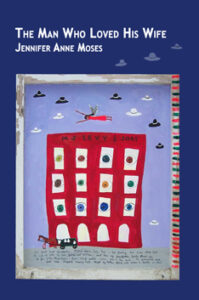#SundaySentence
Every weekend I participate in David Abrams’s “#SundaySentence” project, sharing the best sentence I’ve read during the past week, “out of context and without commentary.”
What followed was—who knows for sure, because the Bible isn’t exactly an accurate historic record, though archeology is?—but what followed was we landed in Jerusalem, had a bunch of kings and endless inter-tribal warfare and skirmishes, and a bunch more of this faction saying that this is the way to worship God, while that faction said, no, you’re wrong, it’s this way, and all this was punctuated by various empires rising up in the east or the north and deciding that little old Israel (which wasn’t called Israel then, it was called other things, but wasn’t even a country, because countries as we know them today hadn’t yet been invented) was in the way, or rather, that they didn’t like its inhabitants—those Hebrews with their own God and their own language and own tongue and, depending on the century, their own Temple—and either killed us or enslaved us or exiled us or burnt us to death but in the meantime people kept talking and arguing and writing and then the Romans came and we spread to Europe in the north and the desert to the south and east and eventually came to live either under the Muslims or the Christians, and for a long time, things were okay, living in Muslim lands, but not so good in Christian lands, and finally after another dozen disasters involving the wholesale slaughter of Jews, culminating, naturally enough, with the Shoah—with the murder of the six million by that butcher—we came here.
Source: Jennifer Anne Moses, “The Holy Messiah,” a story in Moses’s forthcoming collection The Man Who Loved His Wife (Mayapple Press), originally published in Another Chicago Magazine.

Runner up for the longest sentence in English history, no doubt, but yet it’s succinctly, in one sentence, detailing a thousands year long history of a people. Nicely done. I’ll bookmark this for next time my critique group tells me my sentence is too long.
🙂